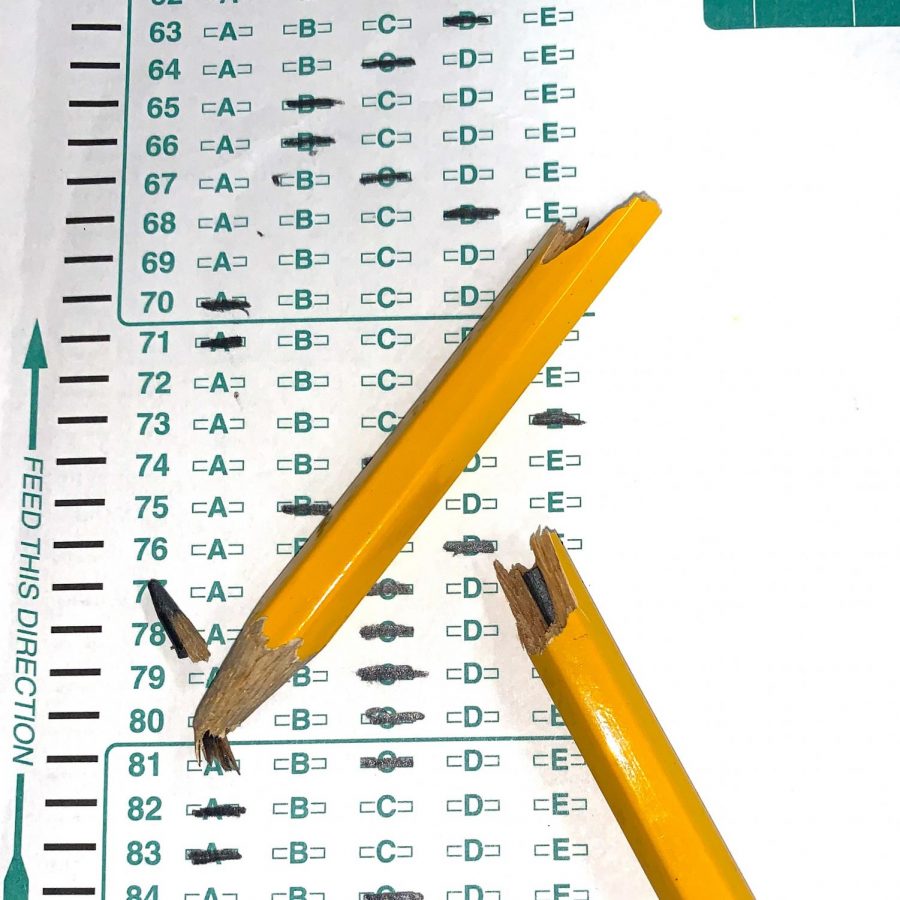Coronavirus forces changes to standardized testing
As the Coronavirus continues to spread across the nation, people have been encouraged to stay at home and avoid social gatherings. This has caused standardized tests such as the ACT and the SAT to be either rescheduled or cancelled. The ACT scheduled for April 4th has been postponed to June 14th or another future test date. The SAT scheduled for May 2nd and June 6th have been canceled. The College Board is hoping to resume testing by August, however if circumstances do not allow, there will be a digital version for students to take at home. Students who already registered or did not receive scores back will get a refund from the College Board.
The cancellations of these tests are impacting the junior class the most, as many juniors are relying on their spring test scores to see what schools they can apply to and the amount of scholarship money they can receive. However, around 50 colleges have cancelled their standardized tests requirement for the 2021 applicants. Students from across the nation are advocating for the removal of test requirements for all colleges across the nation. Critics of standardized testing also hope this is a trial run to end ACT and SAT scores for college admission permanently.
While there are many opportunities to take the ACT and the SAT, for AP students, the AP exams are the only way they can earn their college credits. Most students still wish to have a chance to earn their AP credits through an exam. However, there are certain changes that need to be made to the exams. All exams will be cut short to 45 minutes and will be taken online at home. All the exams will consist of either one or two free response questions. Some of the questions have been modified to allow the students to finish within the time frame. Exams will be given from May 11th through May 22nd, and makeup dates are June 1st through June 5th. Testing times for specific exams can be seen on the College Board website. For each exam, everybody will be given the test at the same time, this may result in people from other places taking the test at a nonideal time. While Prep is able to continue AP courses through remote learning, many other schools across the country do not have this privilege. Therefore, the AP exams this year will only include the topics covered by early March. Although the exams are going to be open-book, the College Board is spending lots of resources to protect the integrity of the exam by implementing plagiarism detection software. Colleges are approving this solution and will ensure that students receive the credits they worked hard for this year. The College Board will also provide more resources and practice questions to help students prepare for this exam.








